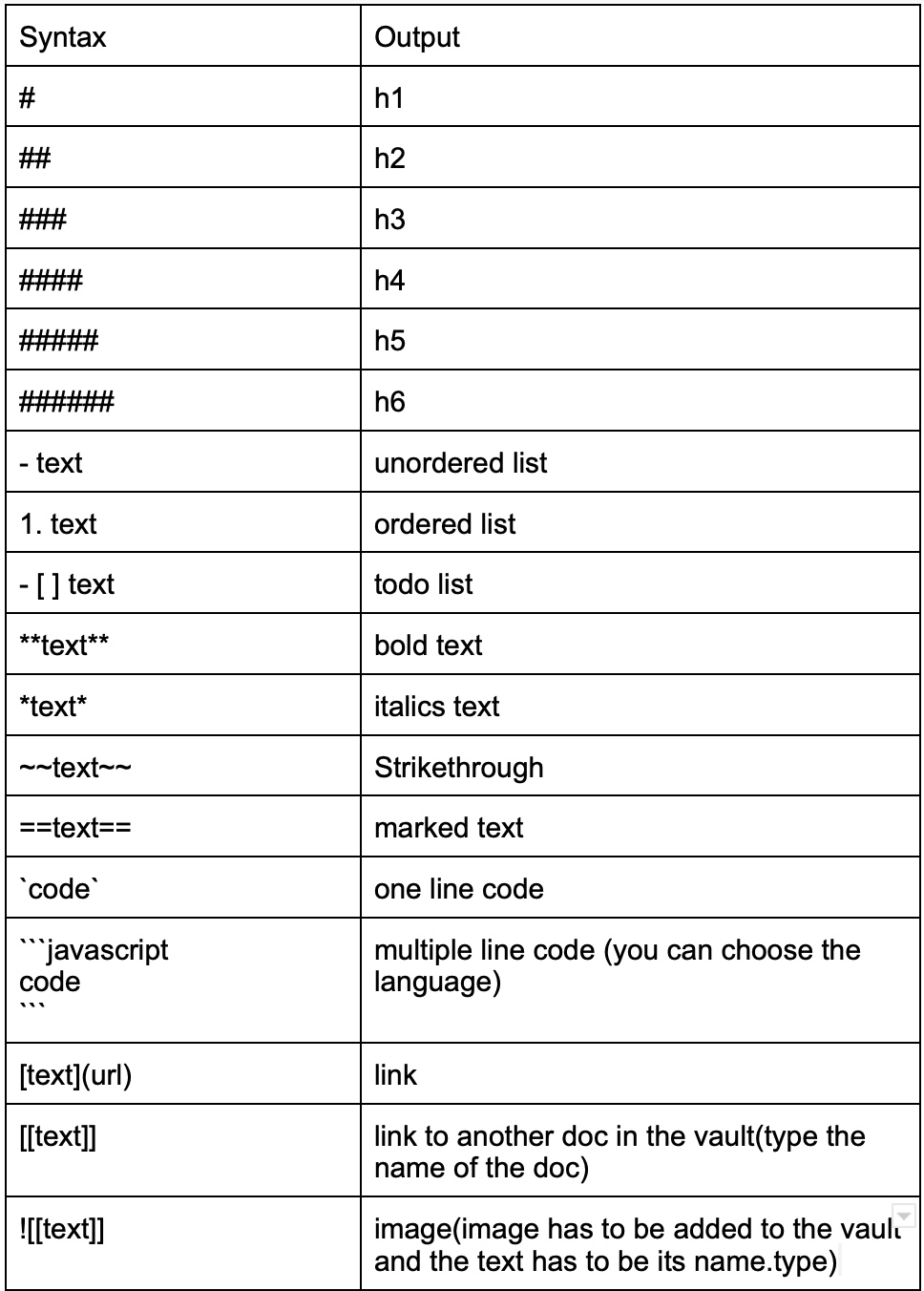Document Guide
We strongly recommend writing your documents in markdown format. This is a very generic document guide, you do not have to follow this guide if you know what to do. If you are not sure about how to write your document you can use this guide. Using ai tools like chatGPT can be useful but every information generated by ai has to be verified and we expect writers to learn and understand the topic they write about. During reviews, documents will be checked for ai generated content.
Example of a good document: Cogito Protocol. You do not have to write a document that utilizes this many tools of markdown but we do not protest if you do.
Another example of a good document: Indigo Protocol. This document does not entirely fit this template and it does not have to but it is also a good document because it is clear and easy to read. Also unfamiliar concepts are explained clearly.
Template
What we want in a document is usage of markdown syntax and clear headers to make the document eye-catching and easy to read. We want usage of organized headings and sub-headings in the document. A simple example is Introduction, Body and Conclusion.
In the Introduction part, you should explain what the tool is and what it is used for briefly.
In the Body part, you should dive deep into the questions of the previous part and also write a detailed explanation on how a DAO can benefit if they use this tool.
In the Conclusion part, please summarize the main points and restate the key points.
There is also an Additional Information part, on that part we want you to put the relevant links about the tool and the links of new tool if you encountered any other potential DAO tools that you think might be useful.
You do not have to use the headlines explained above but the content of the document should be similar.
Cheat Sheet

Note: The images you upload should be a folder named by the tool you are writing added into the images folder.
Examples of multiple line code in different languages, as you can see different syntax highlighting according to the language.
Last updated